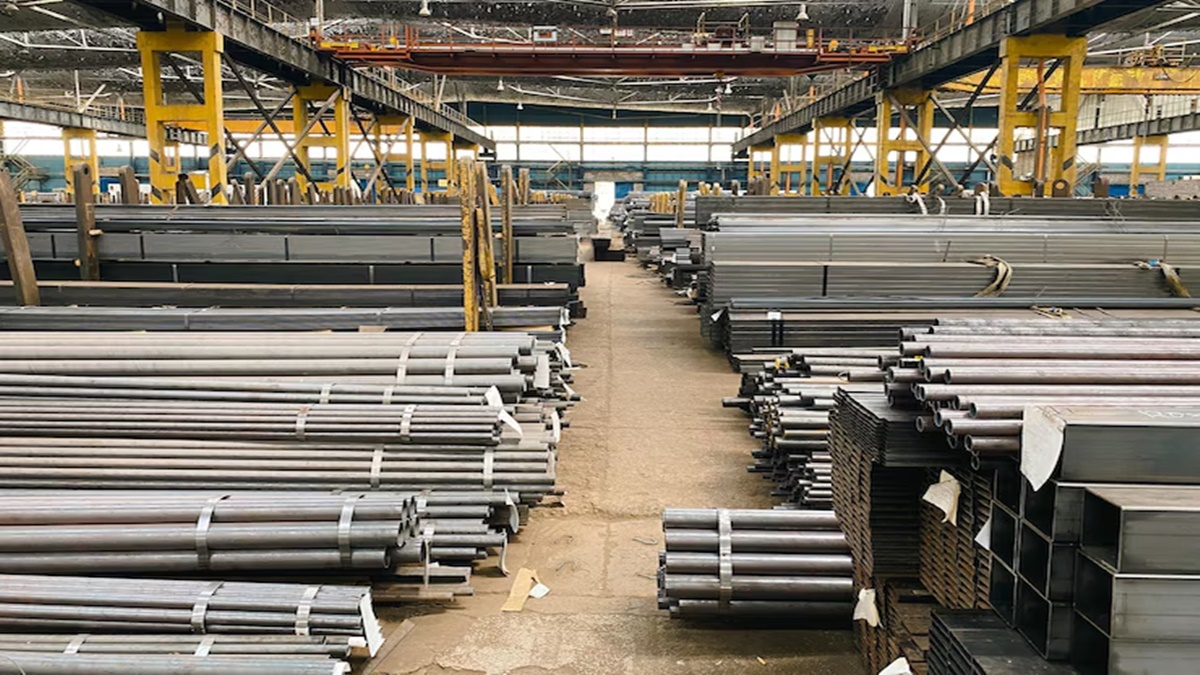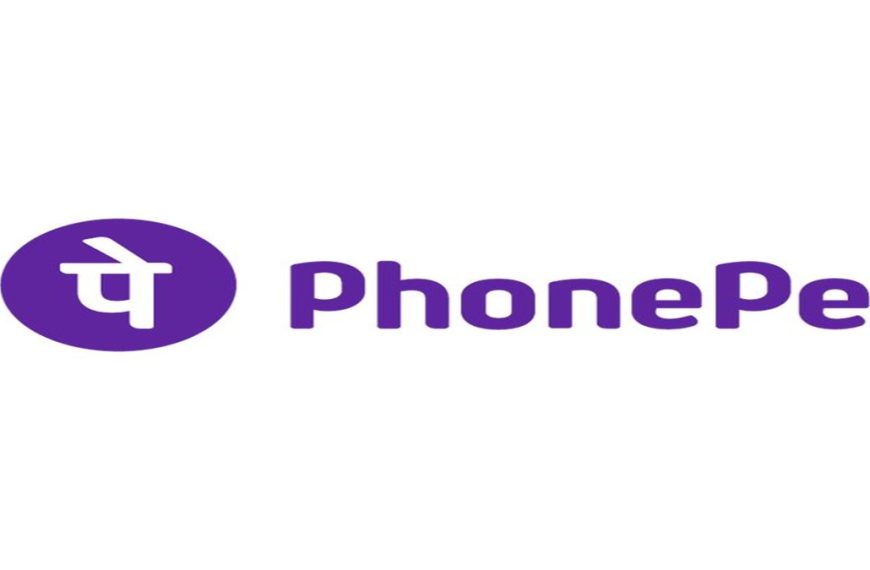The U.S. has expressed its willingness to engage in discussions with India regarding the additional tariffs on steel and aluminum, but insists that these talks occur outside the World Trade Organization (WTO) framework. This announcement comes in response to India’s recent request for consultations related to the 25% tariffs initially imposed by the Trump administration on March 12.
U.S. Stance on Tariffs
The U.S. has clarified that while it is open to addressing various trade and tariff issues with India, it will not include these discussions under the WTO’s safeguard agreement. India contends that the additional tariffs should be viewed as safeguard measures, despite the U.S. framing them as national security actions under Section 232. The U.S. firmly stated, “These duties are not safeguard measures; thus, there’s no justification for consultations under the safeguard agreement.”
Historical Context of Tariffs
The imposition of these tariffs is not a new development. Back in 2018, the Trump administration initially enforced a 25% tariff on steel and aluminum imports. India retaliated in 2019 by levying additional tariffs on several U.S. products, including almonds, apples, chickpeas, and more. Both countries challenged these tariffs at the WTO, leading to a complex web of disputes.
- 2018: U.S. imposes 25% tariffs on steel and aluminum.
- 2019: India responds with tariffs on U.S. imports.
- 2023: During Prime Minister Narendra Modi’s visit to the U.S., both nations agreed to resolve their WTO disputes, including tariffs.
Ongoing Trade Negotiations
As India and the U.S. navigate these turbulent trade waters, they are also in the process of negotiating a Bilateral Trade Agreement (BTA). Recent statements from former President Trump indicate that there is a sense of urgency in finalizing a deal with India, highlighting the importance of fostering a cooperative trade environment.
Additional WTO Disputes
Beyond steel and aluminum tariffs, several other trade disputes exist between the U.S. and India at the WTO. These include:
- Countervailing measures by the U.S. on certain hot-rolled carbon steel flat products from India.
- U.S. complaints regarding Indian measures related to solar cells and modules in the renewable energy sector.
In summary, while the U.S. has opened the door for discussions on tariffs with India, the exclusion of the WTO framework adds a layer of complexity to the ongoing trade relationship. As both countries seek to navigate these challenges, the potential for a mutually beneficial agreement remains on the horizon.











